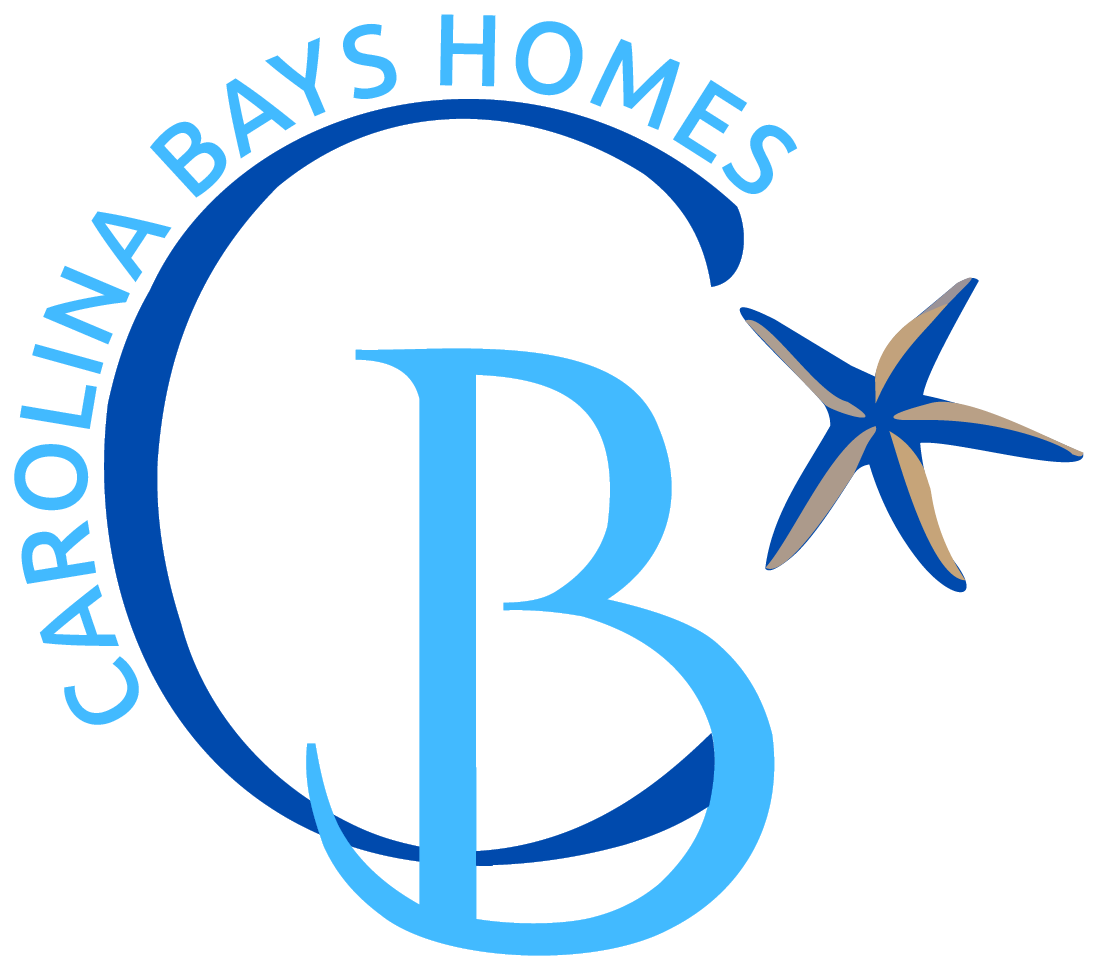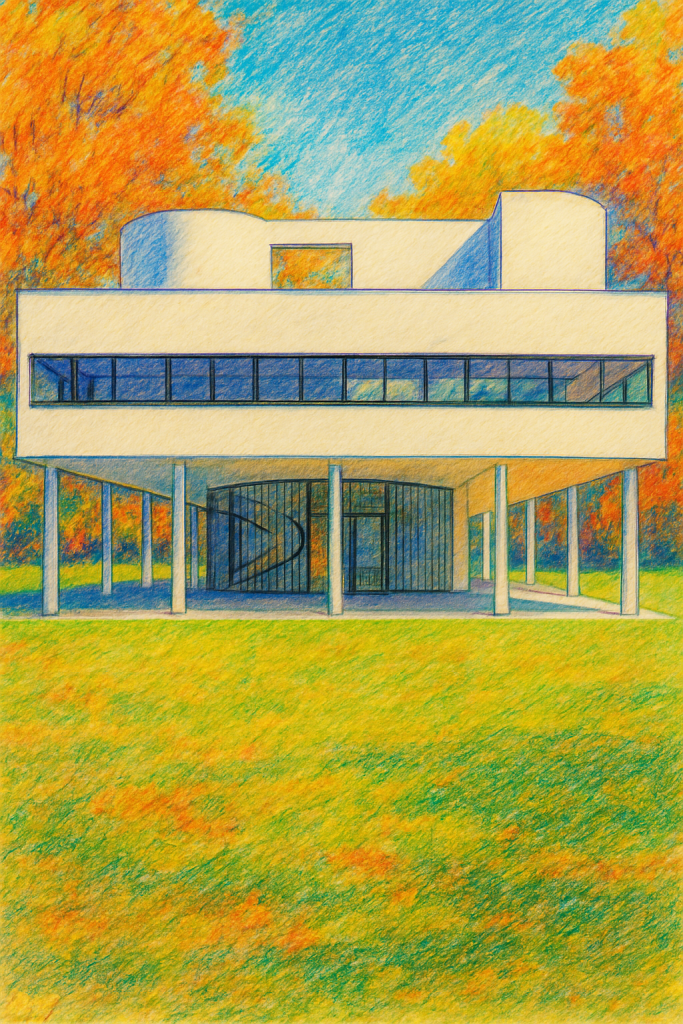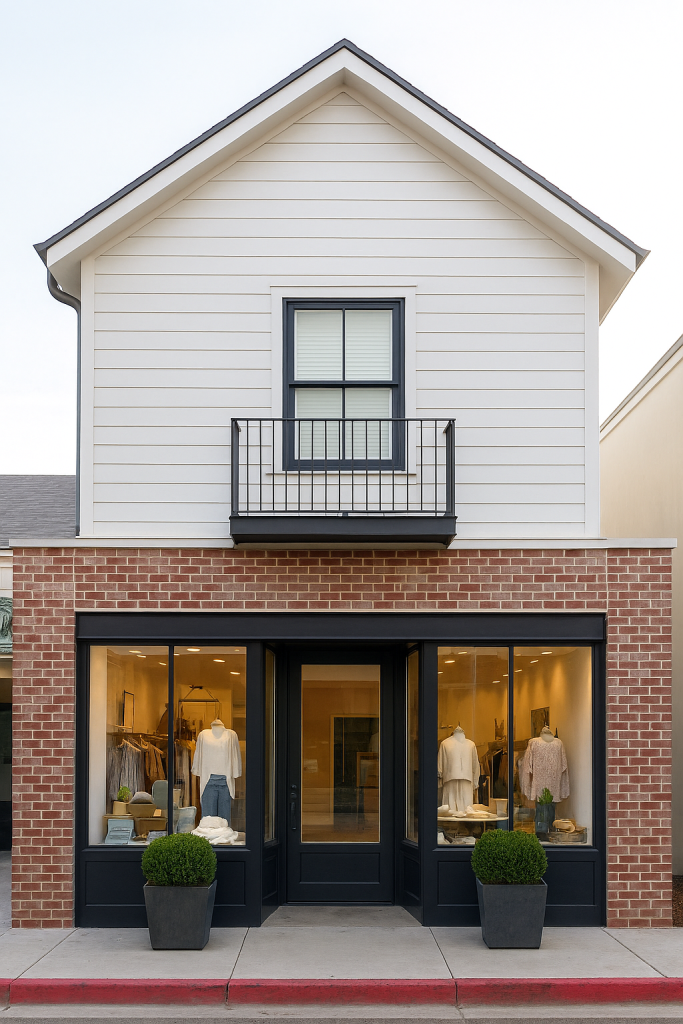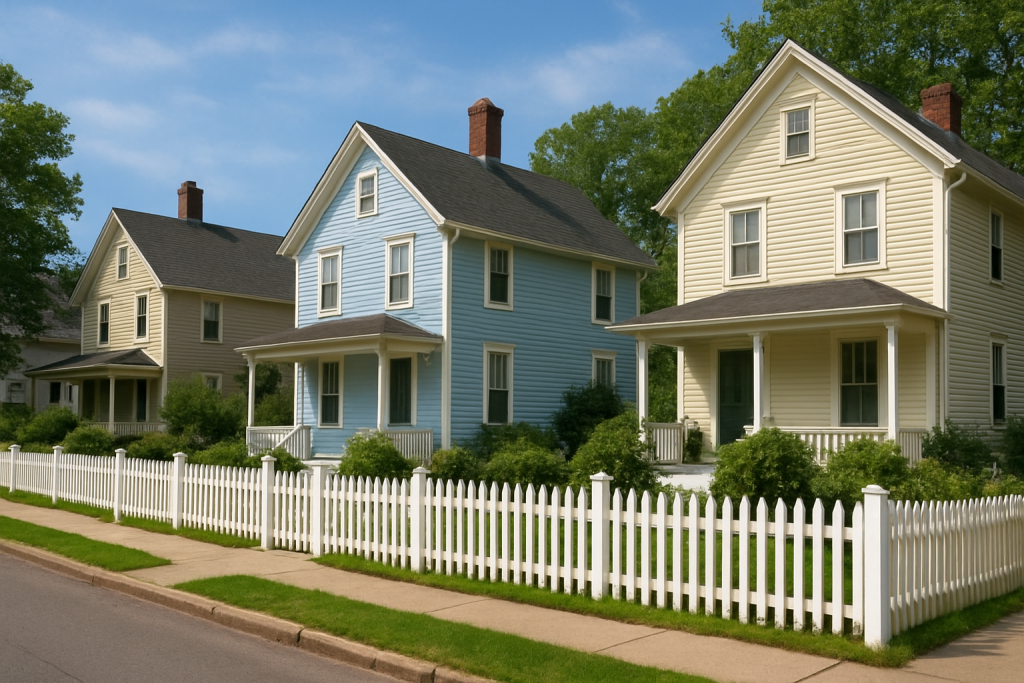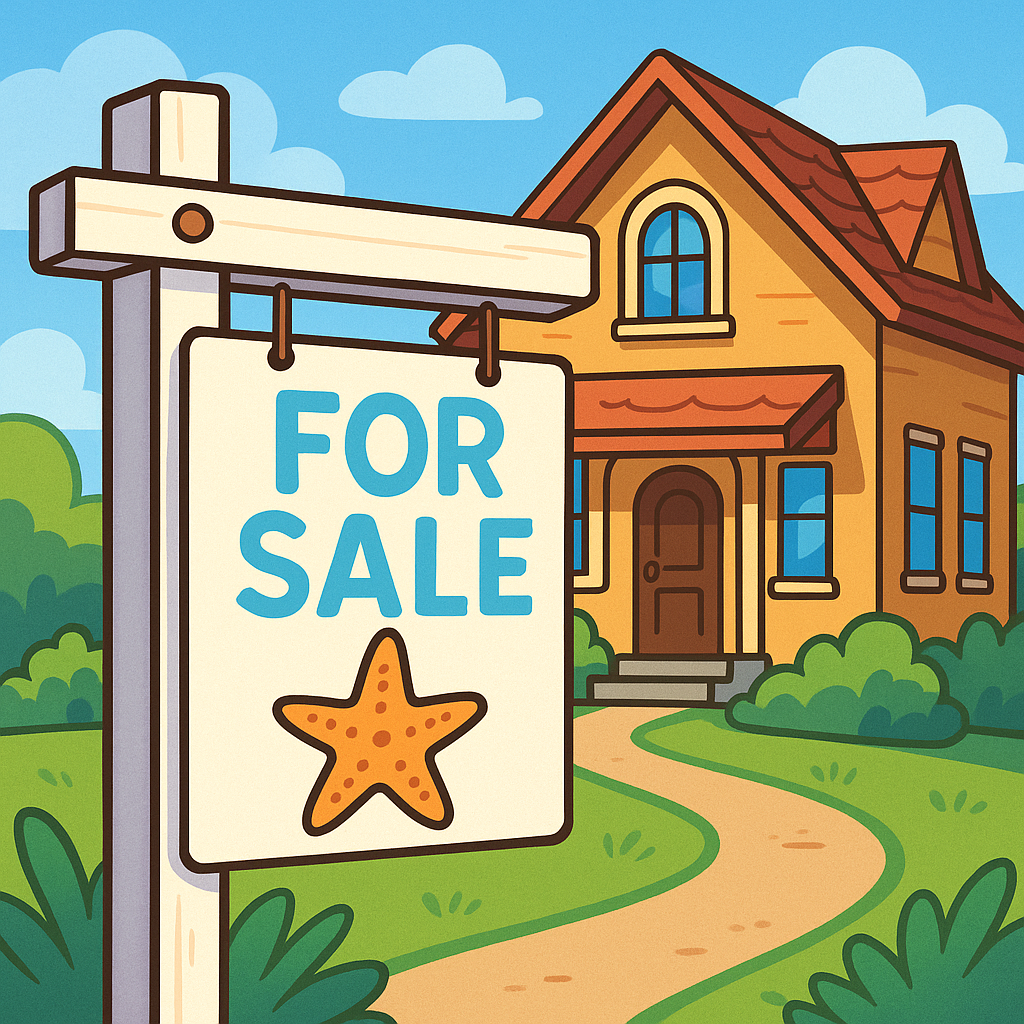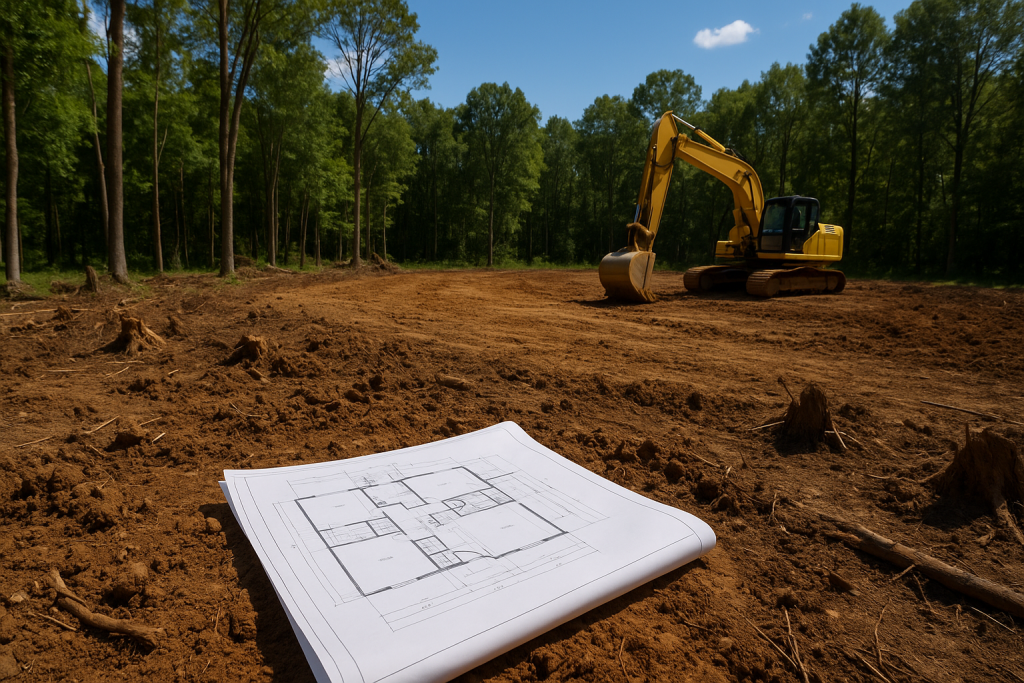The Complete Guide to Home Financing: From Traditional Mortgages to Construction Loans
Buying or building a home is one of the most significant financial decisions you’ll make in your lifetime. With various financing options available, understanding your choices can help you secure the best deal and make your homeownership dreams a reality. This comprehensive guide explores the different types of home financing, from traditional mortgages to specialized construction loans. Traditional Home Purchase Financing Conventional Loans
Conventional loans are the most common type of mortgage, not backed by government agencies. These loans typically require:
- Down Payment: 3-20% of the home’s purchase price
- Credit Score: Generally 620 or higher for best rates
- Debt-to-Income Ratio: Usually below 43%
- Private Mortgage Insurance (PMI): Required if down payment is less than 20%
Conventional loans offer competitive interest rates and flexible terms, making them ideal for borrowers with good credit and stable income. FHA Loans
Federal Housing Administration (FHA) loans are government-backed mortgages designed to help first-time homebuyers and those with less-than-perfect credit:
- Down Payment: As low as 3.5%
- Credit Score: Can be as low as 580 with 3.5% down, or 500 with 10% down
- Mortgage Insurance Premium (MIP): Required regardless of down payment amount
- Property Requirements: Must meet FHA standards
FHA loans are particularly beneficial for buyers who may not qualify for conventional financing due to credit or income limitations.
VA Loans
Available exclusively to eligible veterans, active-duty service members, and surviving spouses:
- Down Payment: $0 required
- Credit Score: No minimum requirement (though lenders may have their own)
- No PMI: VA loans don’t require mortgage insurance
- Funding Fee: One-time fee that can be rolled into the loan
VA loans often offer some of the best terms available and are a valuable benefit for those who’ve served our country.
USDA Rural Development Loans
Designed for homebuyers in eligible rural and suburban areas:
- Down Payment: $0 required
- Income Limits: Must not exceed 115% of the area’s median income
- Geographic Restrictions: Property must be in USDA-eligible areas
- Guarantee Fee: Similar to PMI but typically lower cost
These loans help promote homeownership in less densely populated areas with attractive terms for qualified buyers.
Alternative Financing Options
Jumbo Loans
For homes that exceed conforming loan limits (typically $766,550 in most areas for 2024):
- Higher Credit Requirements: Usually 700+ credit score
- Larger Down Payments: Often 10-20% minimum
- Stricter Qualification: More rigorous income and asset verification
- Competitive Rates: Despite being non-conforming, rates are often competitive
Adjustable-Rate Mortgages (ARMs)
These loans offer lower initial rates that adjust periodically:
- Initial Fixed Period: Typically 3, 5, 7, or 10 years
- Rate Adjustments: Based on market indices after the fixed period
- Rate Caps: Limits on how much rates can increase
- Best For: Buyers who plan to sell or refinance before rate adjustments
Interest-Only Loans
Borrowers pay only interest for a specified period:
- Payment Structure: Interest-only payments for 5-10 years, then principal and interest
- Higher Risk: Payments increase significantly after interest-only period
- Qualification: Requires strong credit and significant income
- Use Cases: Often used by investors or buyers expecting income growth
Construction-to-Permanent (CP) Loans: Building Your Dream Home
If you’re planning to build a custom home rather than purchase an existing one, construction-to-permanent loans offer a streamlined financing solution that combines construction financing with long-term mortgage financing. What Are Construction-to-Permanent Loans?
A CP loan is a single loan that covers both the construction phase and the permanent mortgage. This “one-close” loan eliminates the need for separate construction and permanent financing, saving time, money, and paperwork. How CP Loans Work
Phase 1: Construction Period
- Interest-Only Payments: During construction (typically 6-12 months), you pay only interest on the amount drawn
- Progressive Draws: Funds are released in stages as construction milestones are completed
- Variable Rate: Usually carries a variable interest rate during construction
Phase 2: Permanent Financing
- Automatic Conversion: Once construction is complete, the loan automatically converts to a permanent mortgage
- Fixed Rate: Typically converts to a fixed-rate mortgage
- Standard Payments: Begin making principal and interest payments
Benefits of CP Loans
- Single Closing: One application, one closing, one set of closing costs
- Rate Lock Options: Many lenders offer rate locks for the permanent phase
- Streamlined Process: Less paperwork and complexity than separate loans
- Cost Savings: Avoid duplicate fees and closing costs
Choosing the Right Financing Option Consider Your Situation
- First-Time Buyer: FHA or VA loans may offer the best terms
- Strong Credit: Conventional loans typically provide competitive rates
- Rural Area: USDA loans can offer zero down payment options
- Custom Build: CP loans streamline the construction process
- High-Value Home: Jumbo loans for luxury property
Conclusion
Whether you’re buying an existing home or building from the ground up, understanding your financing options is crucial to making informed decisions. From traditional conventional loans to specialized construction-to-permanent financing, each option has unique benefits and requirements.
Take time to evaluate your financial situation, research different loan types, and work with qualified professionals to find the financing solution that best meets your needs. Remember, the lowest interest rate isn’t always the best deal – consider the total cost of the loan, including fees, insurance, and terms that align with your long-term financial goals.
Whether you’re purchasing your first home or building a custom dream house, the perfect financing solution is out there waiting for you.
Carolina Bays is a based in Myrtle Beach Home Builder, Remodeler and Real Estate company. We would love to hear from you if you have any questions about this blog post or any other questions and comments about home financing.
